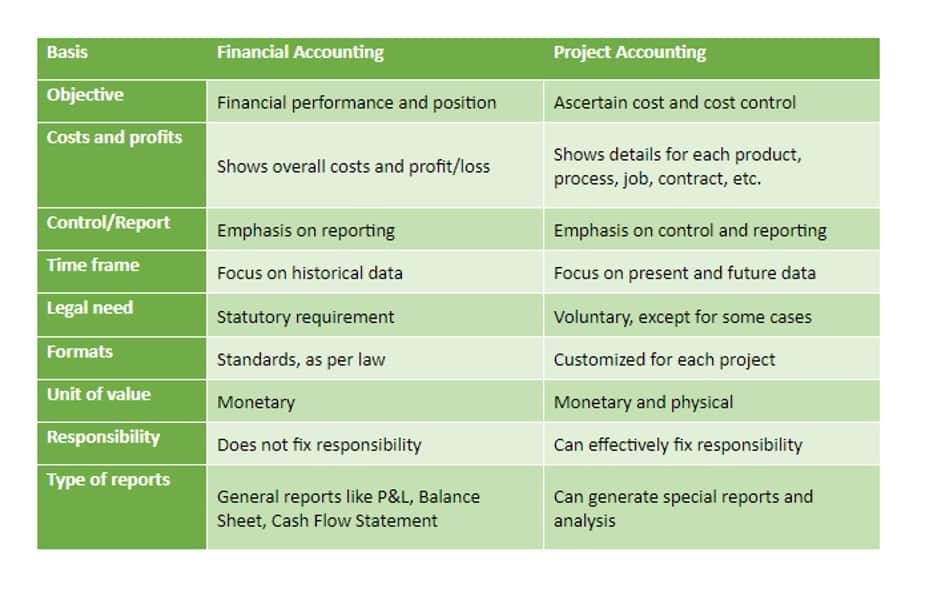
If a financial statement has a lot of large figures, the accountant may simply dispense with abbreviations. Stating at the top of the report that “all figures are in millions of dollars” should take care of it. What matters is that readers look at the figures and understand the amounts. While obscure outside banking circles, MM enjoys near universal usage within finance and accounting as the standard abbreviation for «millions». This convention originated from Roman numeral accounting traditions and became engrained centuries ago. Today, MM remains the standard abbreviation for millions throughout the banking and accounting professions.
Common Number Abbreviations

For example, 1MM equals 1 million, $34MM equals $34 million and so on. Therefore, understanding and using this term is crucial in the field of finance. I have had the same dilemma and come to the conclusion that using k for thousands and MM for millions is a reasonable and pragmatic thing to do. That being said, I think the most appropriate usage is using one alpha symbol consistently so that would lead to using K, M and B.
more stack exchange communities
Signup for our newsletter to get access to our proven pitch deck template. Its significance also lies in its capability to provide clarity and prevent misunderstandings that could potentially occur if numbers were presented in their raw form.

Not the answer you’re looking for? Browse other questions tagged abbreviationssymbols or ask your own question.
In this era, M already signified 1,000, while MM denoted 1 million. Review a few examples of sentences that feature common abbreviations for billion. Review a few examples of sentences that feature common abbreviations for million. There are actually a few different ways that 1,000,000 can be expressed when it comes to writing dollar amounts. Million can also be represented using “mn” and “m,” so an individual may see $4m, $4mn or simply $4 million. Another option is to use the “M” for 1,000 and represent $4 million as $4,000M.
what is the correct abbreviation for millions, billions and trillions in a financial context?
As one discovers from the many variant opinions this topic generates significant misunderstanding. By placing the first occurrence of a given symbol (abbreviation) in each article or presentation within parentheses you remove all doubt about what you mean. In the general environment of municipal government, for dollars we use K for thousands, M for millions and B for billions. I can’t find in Google any list of the money abbreviations used by English people.
- Expand your ability to communicate about quantities and amounts by getting to know various names and expressions for large numbers.
- When an analyst must present various different types of units, it is recommended to add a “units” column so that each item contains a label for easy reference.
- If you see an abbreviation that is confusing or unclear, please reach out to your local underwriter or branch for clarification, even if you are just asking for a friend.
- I decided to take a deep dive into the origins and rationale behind «MM» to better understand this unique element of finance culture.
- If the company sells 26,000 units, the accountant can record that as 26M units.
Another driver of using MM was the need to streamline amounts in printed financial statements, reports, and documents. Whether etched by hand or printed, space was at a premium on these pages. MM enabled fitting large monetary values concisely into tables and ledgers. Financial and accounting statements historically used a different approach to abbreviating thousand and million. It has become less common due to the potential for confusion. If you do use these abbreviations, be sure to clearly define them in the text.
So the convention of using M for thousands and MM for millions originated in Roman numeral-based accounting. You can use any of the above abbreviations for thousand options when referring to thousands in writing. Within finance and accounting, we often mm abbreviation money find something quite different. For example, a thousand is often abbreviated as (M), a million is abbreviated as (MM), and a billion is abbreviated as (BN) or (MMM). I have seen million, billion, and trillion abbreviated as M, B, and T respectively.
K Is Meant To Stand For Thousand Isn’t It?
Example Sentences With Thousand Abbreviations

